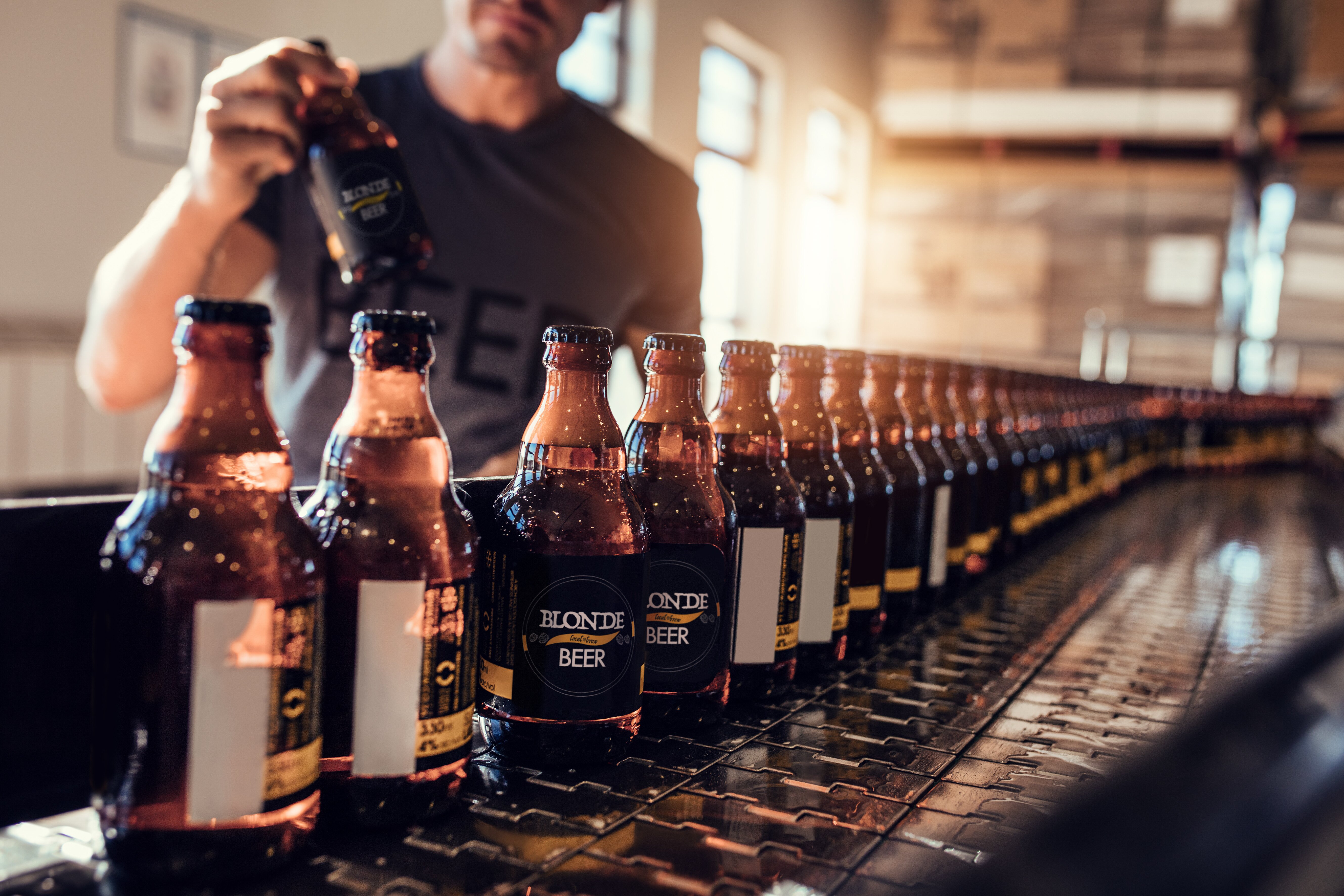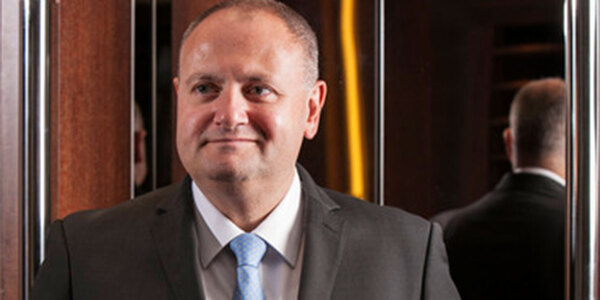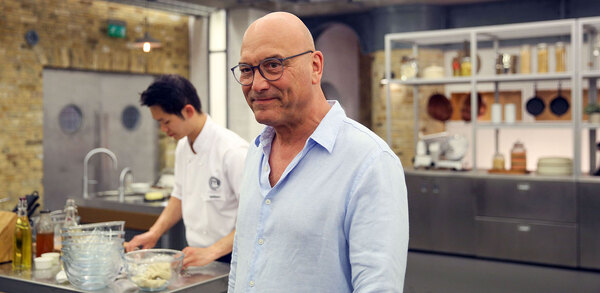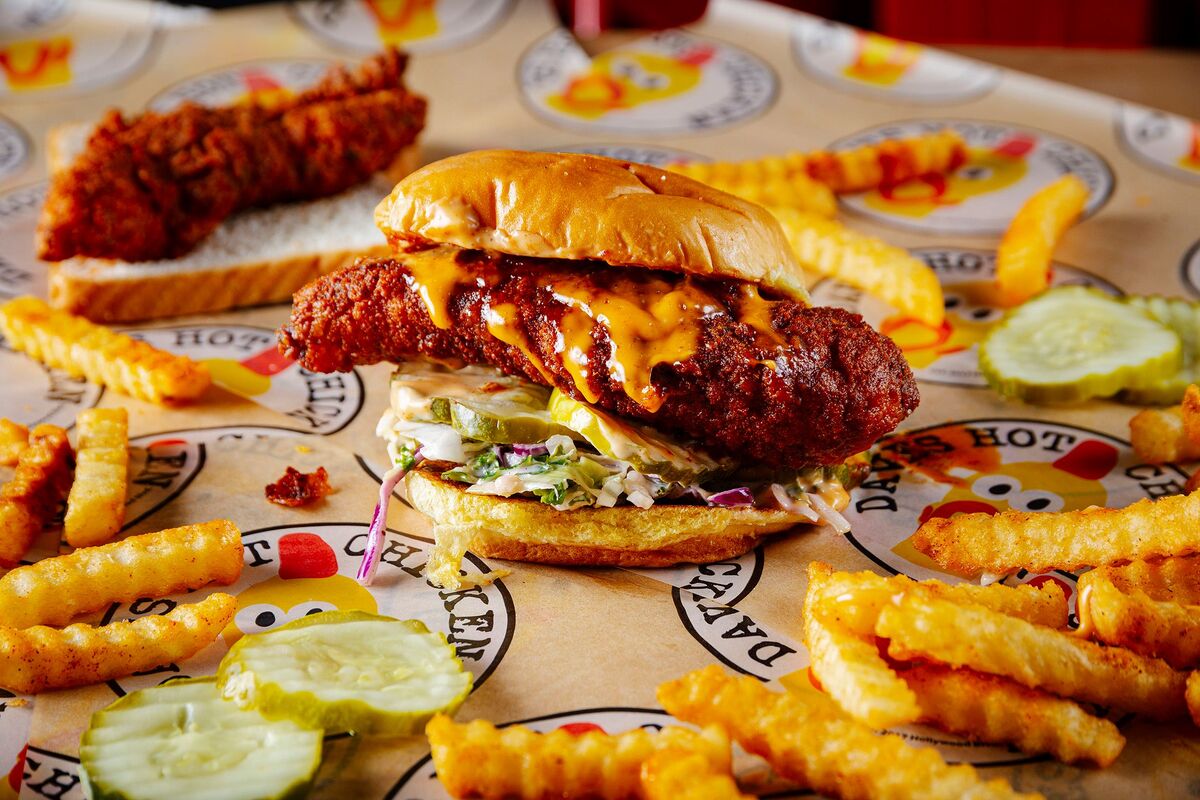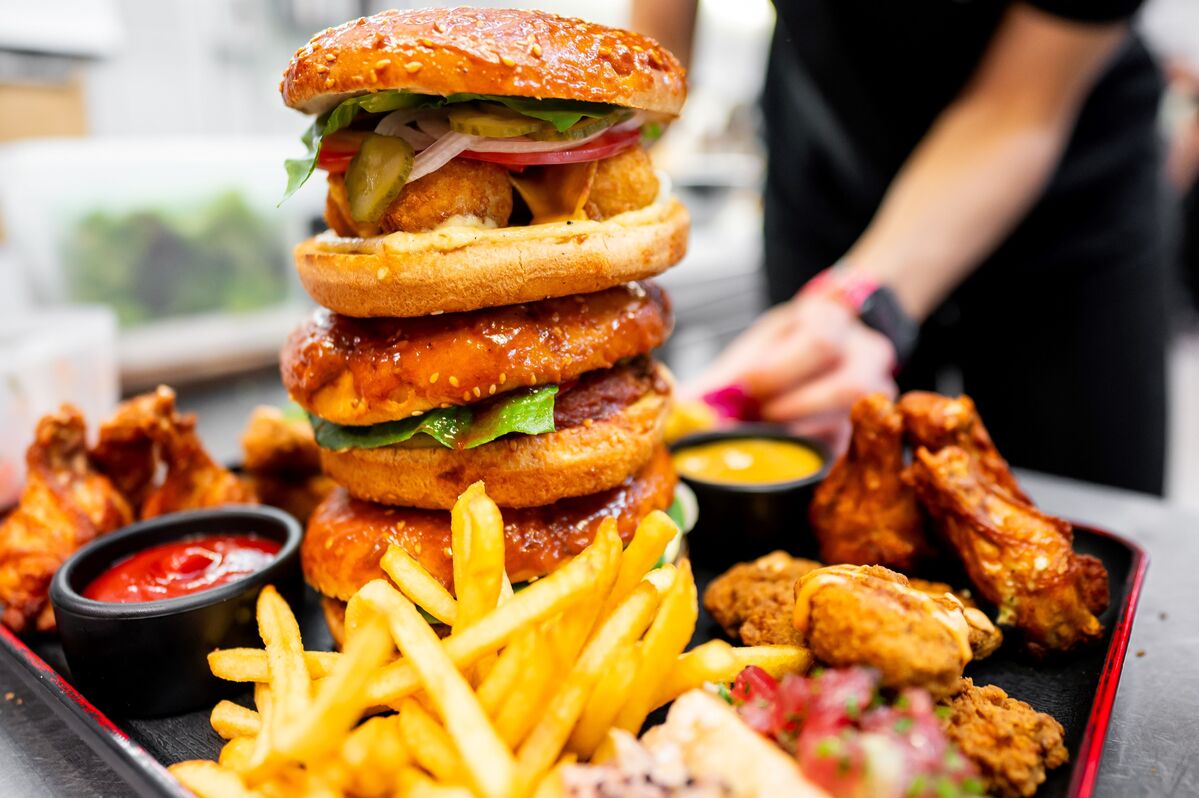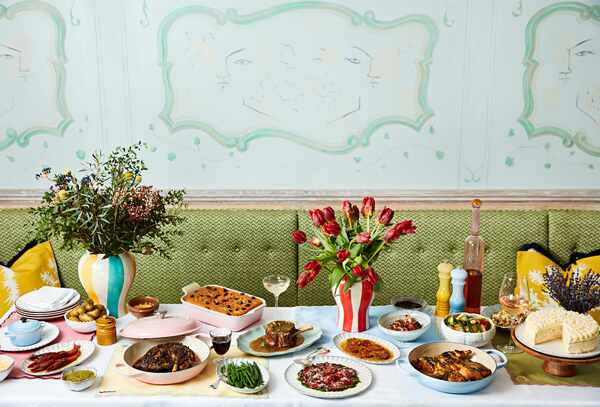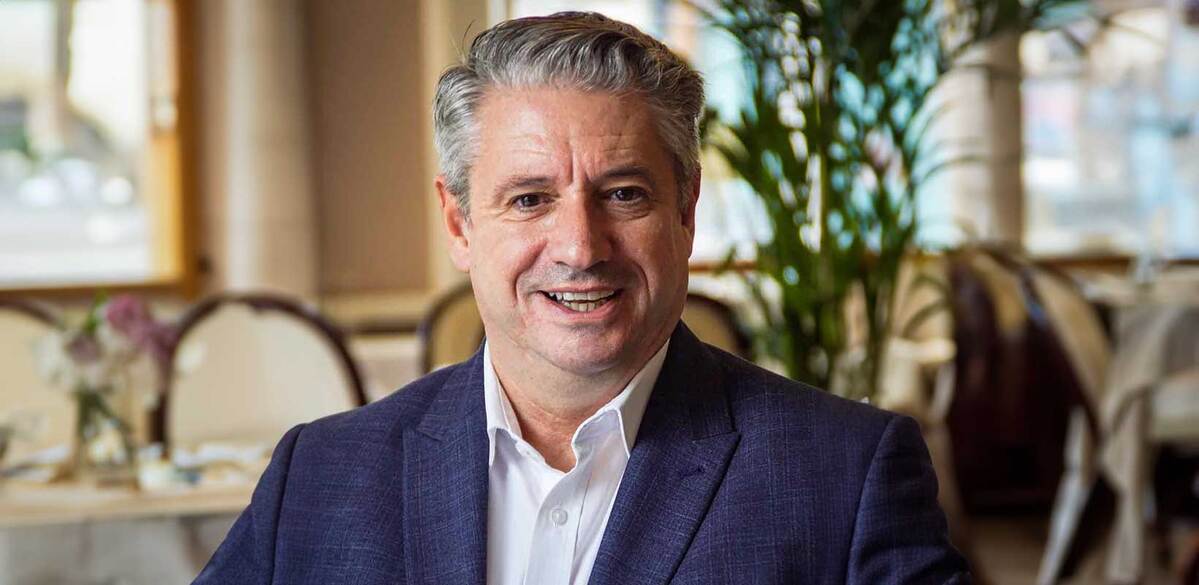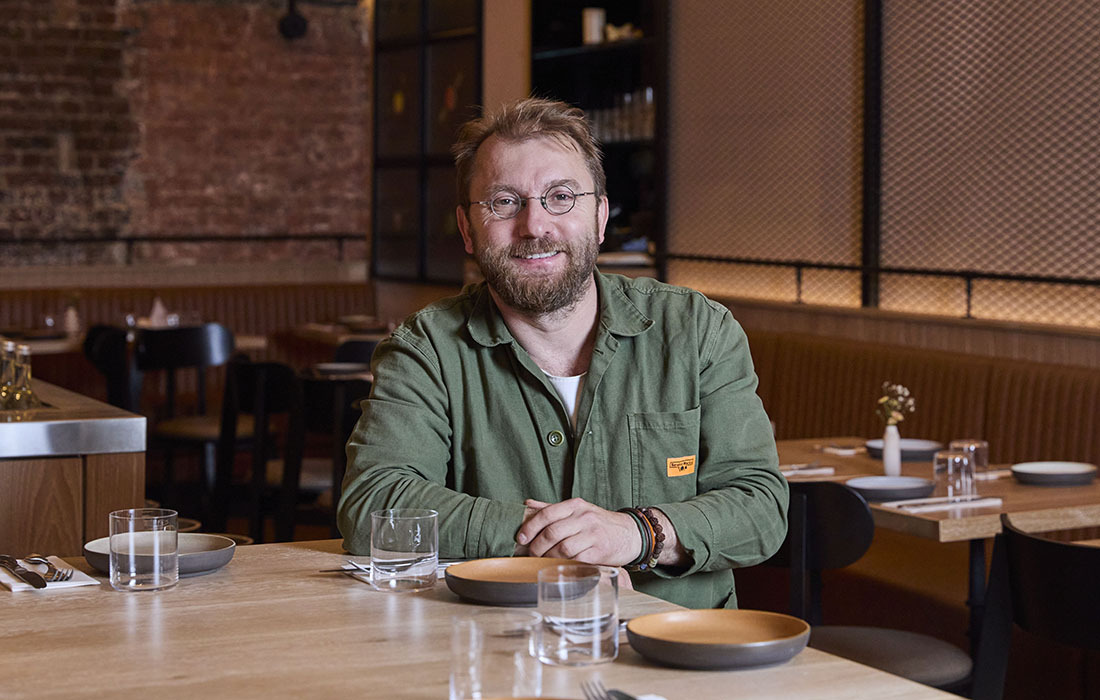Food industry on 'knife-edge' over CO2 shortage
The founder of one of Britain’s biggest food producers has warned a shortage of CO2 and lack of workers could jeopardise meat supplies in the run up to Christmas.
Ranjit Singh Boparan, the owner of poultry supplier Bernard Matthews and 2 Sisters Food Group as well as the Boparan Restaurant Group, said the closure to two UK fertiliser plants could be “catastrophic” for the sector.
CO2 is used food packaging, fizzy drinks and beer, and in the meat industry to stun animals before slaughter.
It is created as a by-product of fertiliser production, but a sharp rise in global gas prices has led to a slowdown in European factories.
Last week, CF Industries, which provides 60% of the UK’s food-grade carbon dioxide, stopped production at its two fertiliser plants in Teeside and Cheshire over the costs.
Boparan said: “The supply of Bernard Matthews turkeys this Christmas was already compromised as I need to find 1,000 extra workers to process supplies. Now with no CO2 supply, Christmas will be cancelled.
“The CO2 issue is a massive body blow and puts us at breaking point, it really does – that’s poultry, beef, pork, as well as the wider food industry. Without CO2, the bottom line is there is less throughput and with our sector already compromised with lack of labour, this potentially tips us over the edge.
“When poultry cannot be processed it means they must be kept on farms where there are potential implications for animal welfare, so the overall effect is welfare compromised and greatly reduced supply. Ready Meals lose that vital shelf life. There is potential for massive food waste across the board.”
The British Poultry Council said the possible effect on food supply was still uncertain but that its members were on a ‘knife-edge’.
It is working with the government to assess stock, implement contingency plans and attempt to mitigate any impact on supplies.
Trouble brewing
In 2018, a similar shortage of CO2 led to pubs seeing some beer stocks affected while livestock producers and drinks producers saw their supplies dwindle.
One major wholesaler told The Caterer they were not currently seeing any issue with the availability of products, but that it was a fast moving situation.
Hospitality trade bodies are monitoring the issue and remain in contact with suppliers.
The Society of Independent Brewers (SIBA) said shortages could cause potential concern for small brewers who have switched to bottled and canned beer during the pandemic.
James Calder, SIBA chief executive, said: “The vast majority of small breweries produce fresh cask beer - and for those brewers this latest shortage of CO2 won’t have an immediate impact - but for the increasing number making keg, bottled or canned beer it will come as an additional worry.
“Two thirds of the beer that small independent brewers produce is sold as cask beer which has a naturally occurring carbonation and does not rely on added CO2, but as more and more brewers have shifted production to bottled and canned beer to capitalise on drink-at-home sales during Covid the impact could be greater than in the past.
“The shortage comes as an additional and unwelcome challenge for small brewers trying to recover from the impacts of the Covid-19 pandemic.”
The British Beer and Pub Association said pub goers should not be concerned taps could run dry.
Emma McClarkin, Chief Executive of the British Beer and Pub Association, said: "As the threat of disruption to the availability of CO2 continues to grow, so does the potential impact on brewers and pubs. We continue to liaise with suppliers and are urging the Government to support those manufacturing processes we depend on for the majority of our CO2 to resume operations. “Brewers have resilient supply chains and beer drinkers and pub goers can rest assured there is still plenty of beer to go round.”
On Monday, Business Secretary Kwasi Kwarteng held a roundtable with the energy industry to plan a way forward, and he will meet with Ofgem to discuss the issues raised later this week.
The government said Kwarteng is also working with colleagues across government to manage the wider implications of the global gas price increase.
Boparan added: “I have never quite seen anything like this since I started out in 1992 and someone needs to speak out about this as it is damaging our sector beyond repair. It’s tough enough having one hand tied behind our backs by simply not having enough people to supply food. With the CO2 on top of this, both hands are tied. Government need to act now or we’ll have another cancelled Christmas.”
Image: Jacob Lund / Shutterstock



